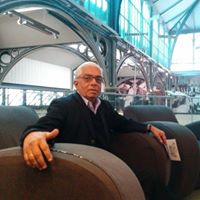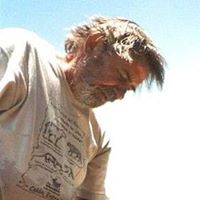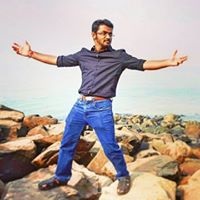Where was Mahatma Gandhi born?
Born and raised in a Hindu merchant caste family in coastal Gujarat, Western India, and trained in law at the Inner Temple, London, Gandhi first employed nonviolent civil disobedience as an expatriate lawyer in South Africa, in the resident Indian community's struggle for civil rights. After his return to India in 1915, he set about organizing peasants, farmers, and urban laborers to protest against excessive land-tax and discrimination. Assuming leadership of the Indian National Congress in 1921, Gandhi led nationwide campaigns for various social causes and for achieving Swaraj or self-rule.
Gandhi famously led Indians in challenging the British-imposed salt tax with the 400 km (250 mi) Dandi Salt March in 1930, and later in calling for the British to quit India in 1942. He was imprisoned for many years, upon many occasions, in both South Africa and India. He lived modestly in a self-sufficient residential community and wore the traditional Indian dhoti and shawl, woven with yarn hand-spun on a charkha. He ate simple vegetarian food, and also undertook long fasts as a means of both self-purification and political protest.
Gandhi grew up in a Hindu and Jain religious atmosphere in his native Gujarat which were his primary influences, but he was also influenced by his personal reflections and literature of Hindu Bhakti saints, Advaita Vedanta, Buddhism, Christianity and thinkers such as Tolstoy, Ruskin and Thoreau.
At 5:17 p.m. Jan. 30, 1948, Gandhi was assassinated.
More Info:
en.wikipedia.org









